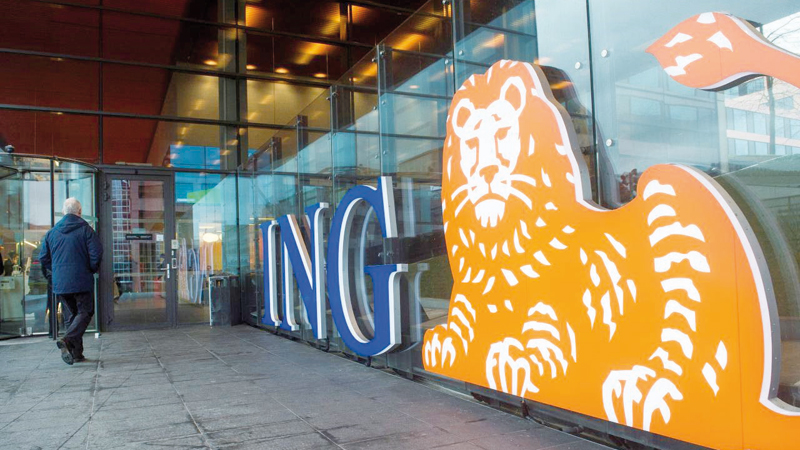

When Dutch prosecutors trawled through ING’s books they found a “women’s underwear trader” had been able to launder £135.02 million through the bank’s accounts without ringing alarm bells. “It should have been clear to the bank that the monetary flows had little to do with the lingerie trade,” the prosecutors said on Tuesday after imposing a £697.60 million penalty on the Dutch bank for its failings.
In fact, ING was warned as early as a decade ago that its money laundering controls were lax, the Dutch prosecutor said, in the latest case highlighting failures in European Union money laundering controls from Latvia to Denmark.
“I fear that countries in Europe are oblivious to fighting financial crime,” Ana Gomes, a Portuguese member of the European Parliament, said following news of the settlement by the largest financial services provider in the Netherlands.
ING’s penalty coincides with European regulators considering whether to tighten regional controls of financial crime and one official with knowledge of the matter said money laundering may be raised at a meeting of EU finance ministers this week.
Latvia, which had styled its banking centre as a financial bridge between Russia and the west, had to close one of its banks after it was accused by the United States of money laundering and breaking sanctions.
Meanwhile, Denmark’s Danske Bank has also been in the spotlight. It has admitted to flaws in its anti-money laundering controls in Estonia and a year ago launched its own inquiry, the results of which are expected this month.
“The system is now designed to allow money laundering. It is full of holes. We need serious European rules with pan-European powers of enforcement,” Gomes added.
Europe has made some reforms, requiring countries to set up centralised bank account registers, but cooperation across borders remains poor and the European Parliament has asked the European Central Bank (ECB), which monitors the bloc’s big banks, to step up its anti-money laundering checks.
The ECB, which declined to comment, has long said its powers are limited, but fresh legislation is unlikely until a new European Parliament takes office after elections next year.
In the case of ING, Dutch prosecutors highlighted a series of lapses that they said followed years when it put profit ahead of controls, leaving the compliance department understaffed and able only to investigate the “tip of the iceberg”.
ING admitted to shortcomings which had allowed clients “to use their bank accounts for money laundering practices for years” and its chief executive Ralph Hamers said it had taken “drastic measures” to prevent a repetition.
The prosecutors also said that $55 million had been paid by telecoms group VEON, formerly VimpelCom, out of an account at ING via a Gibraltar-based company to Gulnara Karimova, the daughter of the former president of Uzbekistan.
Despite being alerted, ING took years to pass the information to the authorities, they added in their report. — Reuters
Oman Observer is now on the WhatsApp channel. Click here



